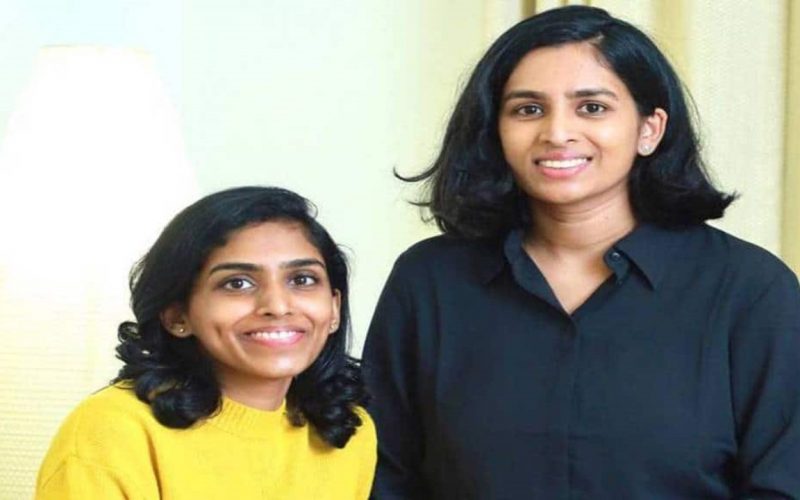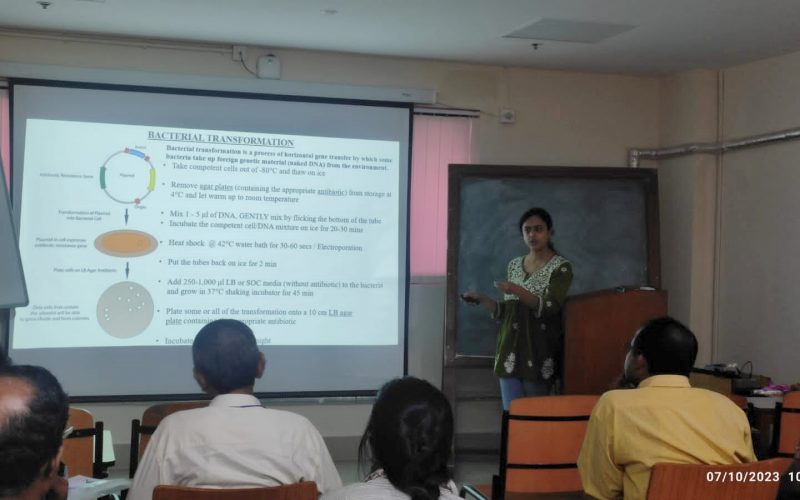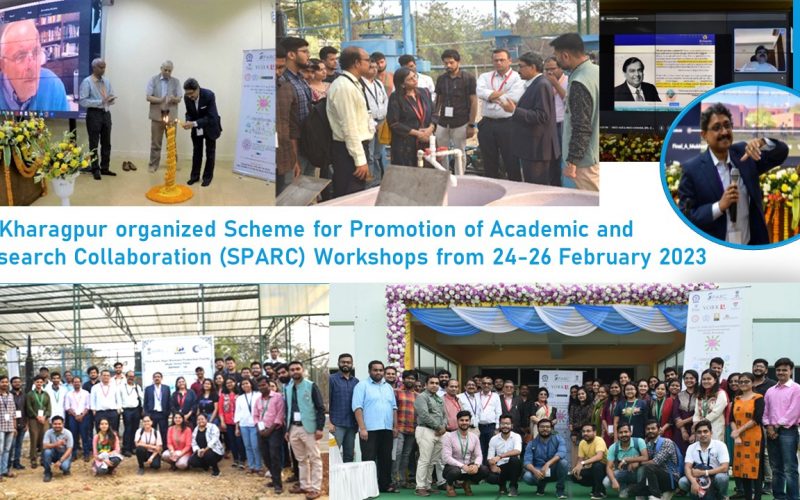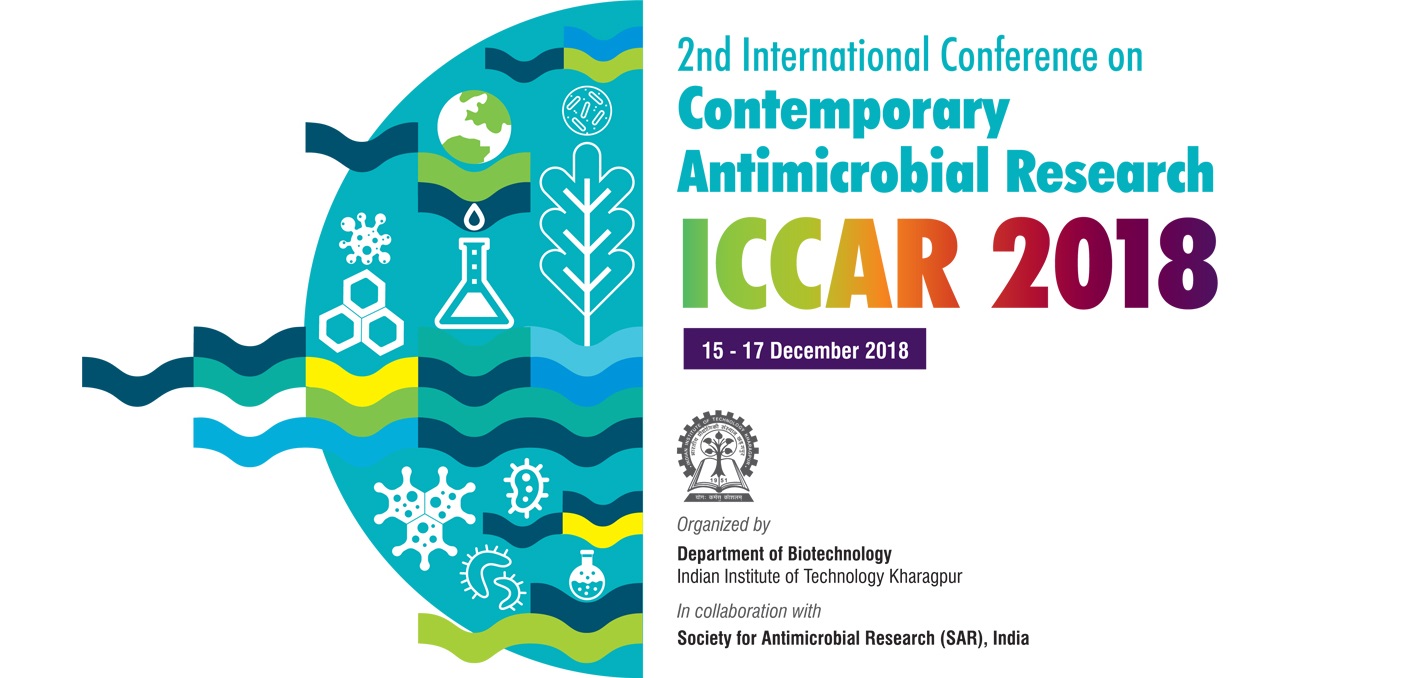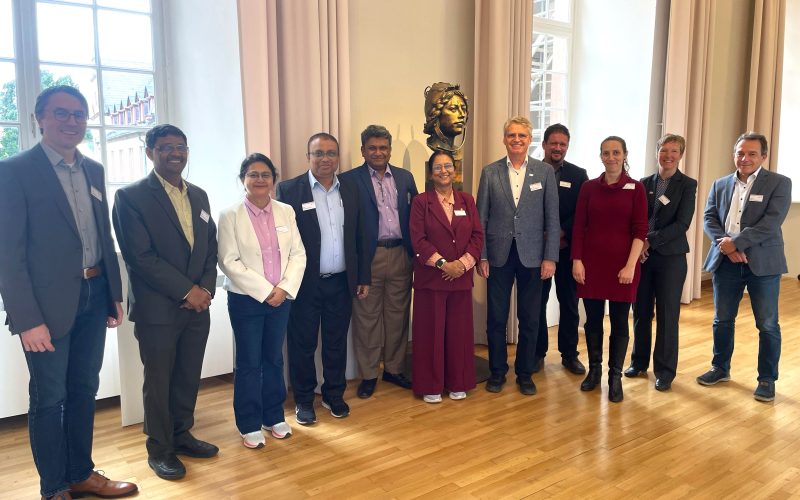
IIT Kharagpur Inks MoU with Technische Universitat Darmstadt to Foster Academic & Research Collaboration
Indian Institute of Technology Kharagpur (IIT KGP) signed a Memorandum of Understanding (MoU) with the Technische Universitat Darmstadt, Germany, to foster collaboration in academic, research and innovation initiatives on 24th May, 2025. This significant step follows the visit of a seven-member delegation from the Technische Universitat Darmstadt to IIT Kharagpur on March 20, 2025. Prof. Rintu Banerjee, Deputy Director, IIT Kharagpur with Prof. Thomas Walther, Vice-President for Innovation and International Affairs, Technische Universitat Darmstadt, Germany The IIT Kharagpur delegation, led by Prof. Rintu Banerjee, Deputy Director, IIT Kharagpur, including Prof. Rabibrata Mukherjee, Dean Research & Development; Prof. Debashish Chakravarty,…

